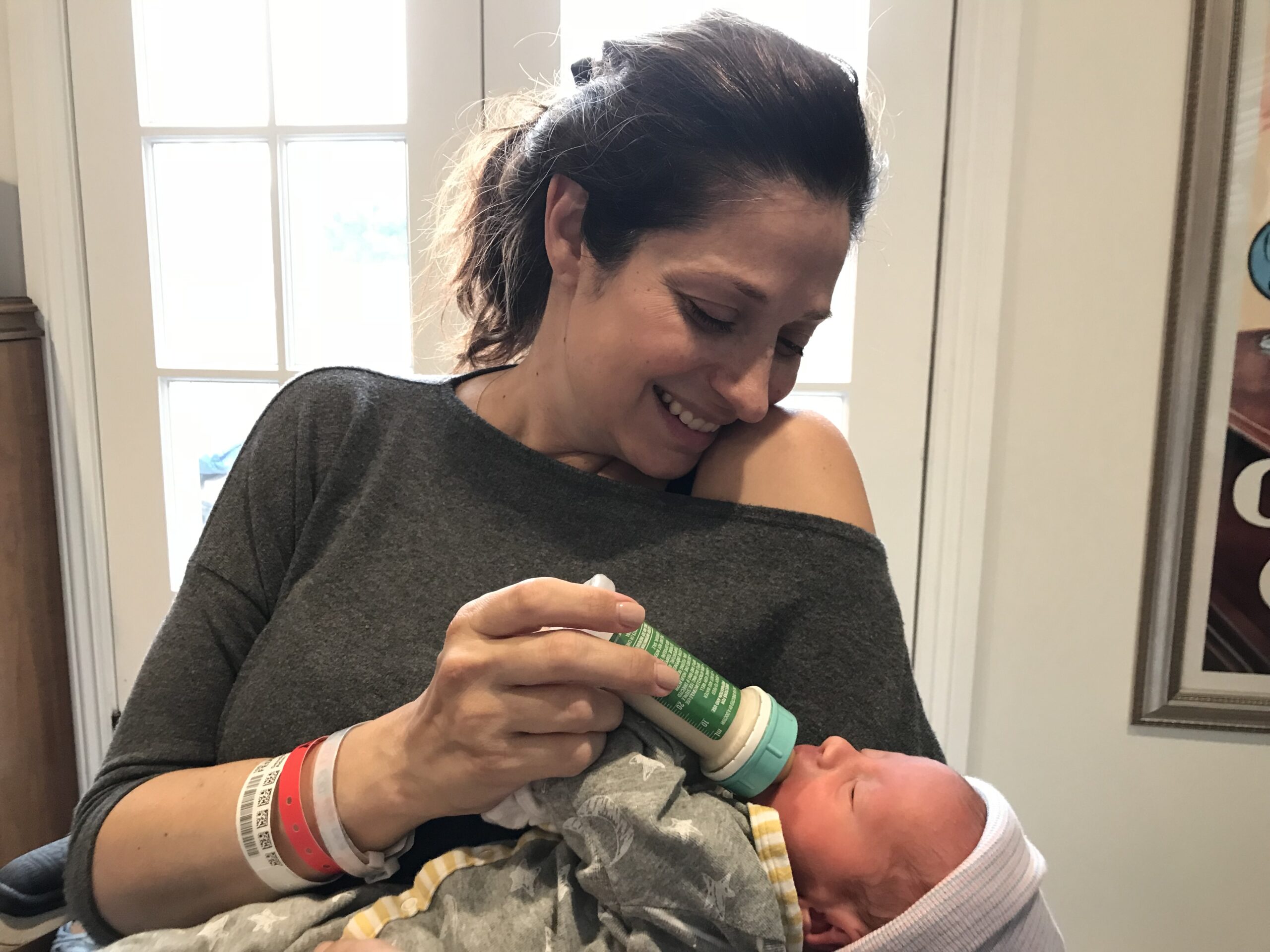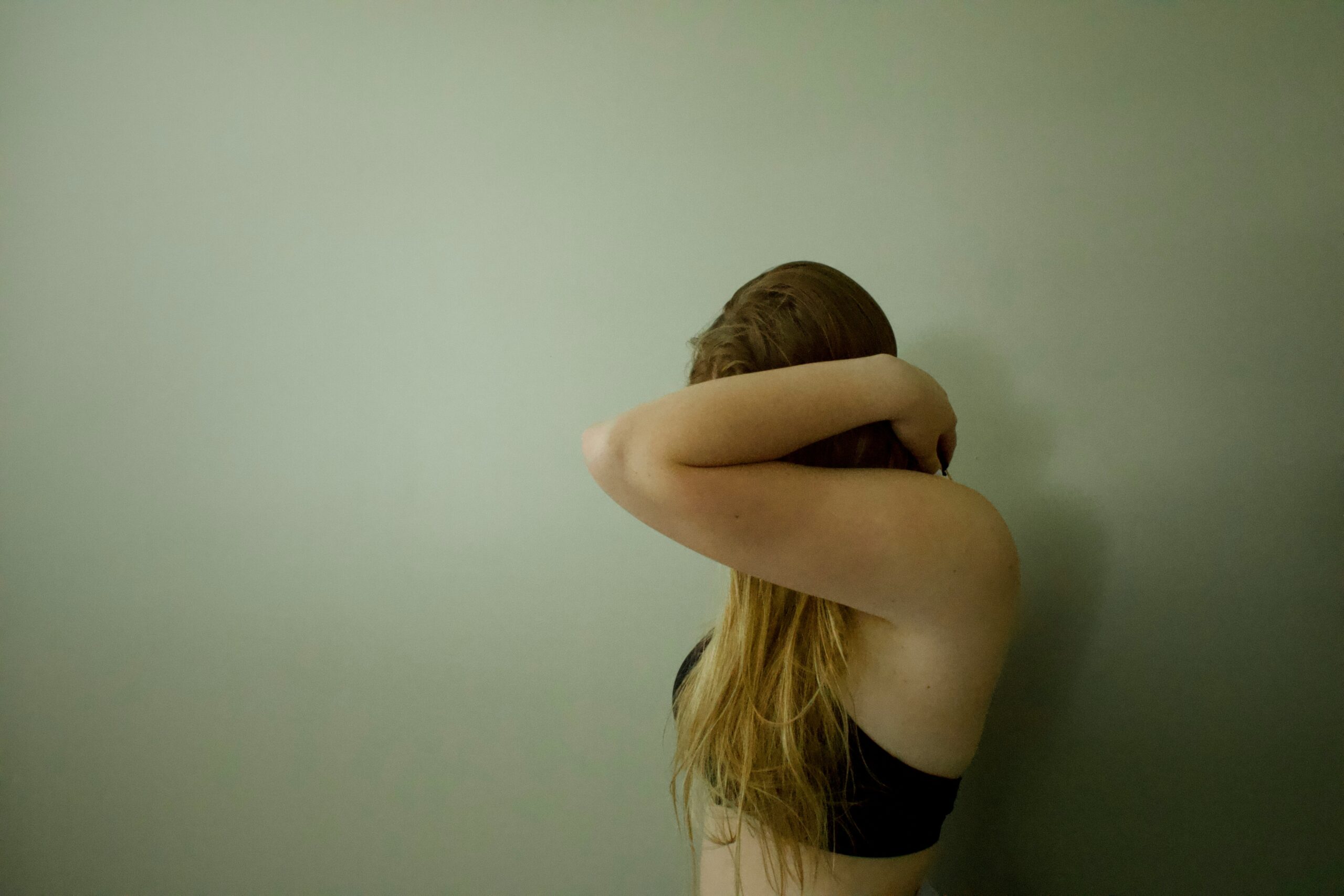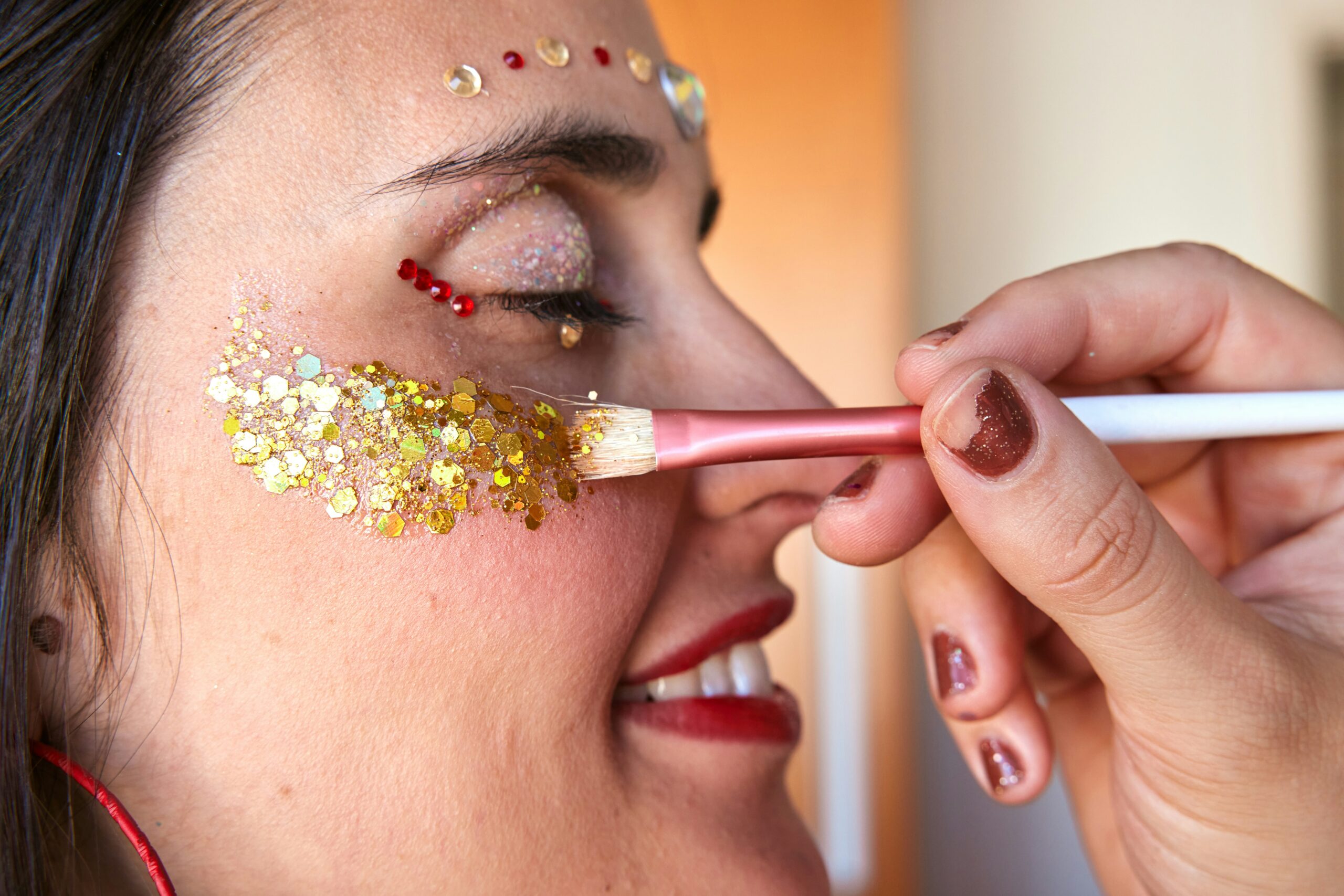Growing up, my mom talked about breastfeeding like it was one of the best parts of having a baby. She made it sound sweet, natural —and even joyful. So, when I imagined becoming a mother myself, I just assumed I would breastfeed. And not just try it — I thought I would love it, too.
Then I went through infertility for six grueling years. That’s a story for another time, but when I finally reached my dream: pregnant — with twins — all assumptions and bets were off.
Suddenly, everyone had something to say.
“Are you going to breastfeed?”
“How will you do it with two?”
“You have to at least try.”
People gave advice — some helpful, some overwhelming. I got tips from twin moms who had been through it, and I also heard from older women who told me that back in their day, formula was totally “normal.” One woman said formula used to be seen as fancy, like a luxury item. That was a shock to me, because today, choosing formula feels like breaking some unspoken mom rule.
As my belly grew, so did the pressure. There were so many voices in my ear — friends, strangers, doctors, Instagram. All of them reminding me that breast is “best.” I started researching how to nurse twins. Apparently, the ideal way is tandem feeding: one baby on each breast, at the same time. Some moms said they got the hang of it, but only in certain positions: one described sitting cross-legged on the floor every time she nursed. I imagined doing that in the middle of the night and couldn’t help but wonder… what if one baby was still asleep? What if the other wasn’t hungry? “Wake them up!” some people said. “You need to train them to feed together!”
Umm…have you ever met a baby? That advice sounded less like help and more like setting myself up for failure.
Still, I did what every Type-A, first-time mom does: I prepared. I made the most detailed registry. I asked other twin moms what gear was essential and made sure to get it all:
- The “My Brest Friend” twin nursing pillow (plus a travel cover, of course)A hospital-grade breast pump, covered by insurance
- Extra pump parts, generously handed down by friends
- Nursing pads and lanolin cream
- The Twin Z pillow, which looked like a cross between a donut and a football field and promised to support two babies while I fed them simultaneously
I truly believed I’d be ready. I pictured myself doing the perfect tandem feed while the sun rose gently in the background.Spoiler alert: That’s not how it happened.
Reality Hits—Hard
Like my fertility journey, my birth story did not go as planned. While my C-section was (happily) planned, the emergency hysterectomy I needed immediately after was absolutely not planned. I had one of those ‘in the olden days I’d have died’ in childbirth situations. I was hemorrhaging and my uterus wasn’t contracting as it is supposed to, and a hysterectomy was the life-saving answer.
Post-op, I was sent to the ICU, completely out of it. Any dreams I had of skin-to-skin contact or a first feeding were off the table. Everything was blurry. I had one of those in the ‘olden days’ I’d have died in childbirth situations. Post-op, I was sent to the ICU, completely out of it. Any dreams I had of skin-to-skin contact or a first feeding were off the table. Everything was blurry.
When I finally woke up at about 4 a.m. the next morning, groggy and confused, I noticed a big breast pump sitting next to my hospital bed. I panicked. OMG I had my babies! Have they eaten? t Did someone pumped for me? I had no idea. For a second, I even imagined the nurses had hooked my pump up to me while I was still in my anesthesia sleep.
But then it hit me. Of course they fed the babies. With bottles. With formula.
And here’s the wild part: I didn’t feel sad or disappointed. I felt…relief. I was relieved that my babies were okay. That my husband had likely been there, clear-headed and calm, to feed them. That I didn’t have to make that first decision. It was made for me.
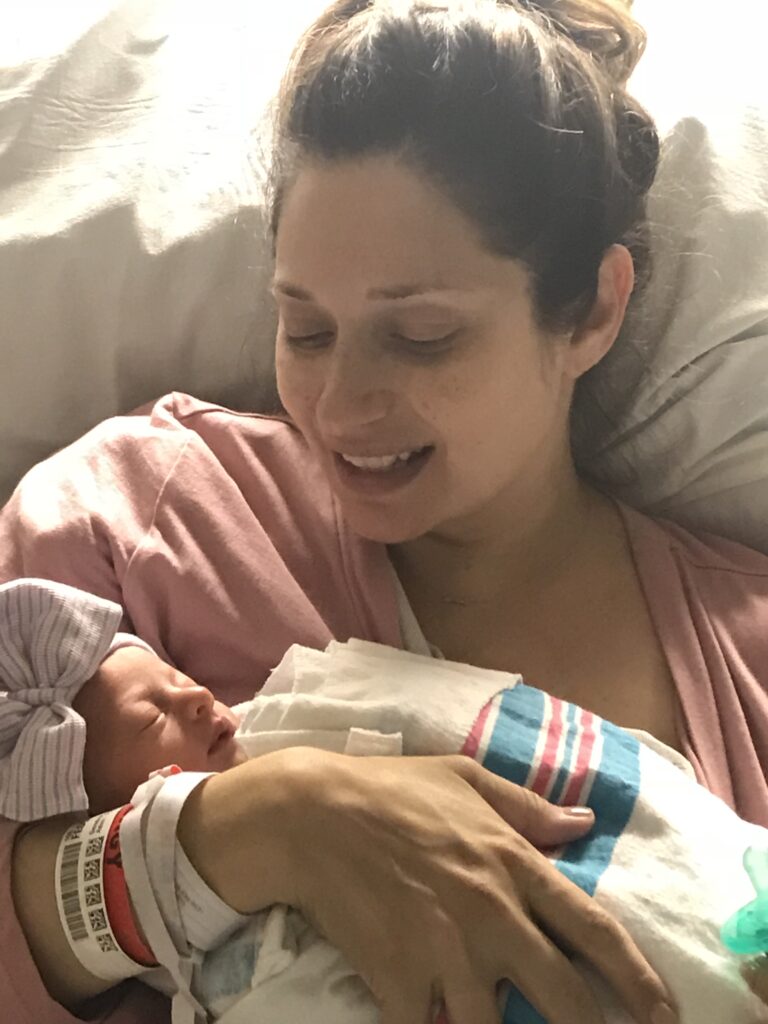
It sounds strange to say, but it felt like a gift. I didn’t have to wrestle with guilt or stress over latching, or try to nurse through pain while recovering from major surgery. In that moment, the pressure to “do it right” disappeared. I was just a mom, recovering and healing while my babies were being cared for.
What if more moms had that kind of permission? What if we didn’t have to reach the breaking point — emergency surgery, exhaustion, ICU — to be allowed to not breastfeed?
Rethinking Pressure and Permission
After I left the hospital, I started thinking about all the expectations we place on ourselves as new moms, especially around feeding.
Why is it so hard to say, “This isn’t working for me?” Why do we feel like we need a reason — a dramatic one, at that — to stop breastfeeding? Why is “I’m exhausted and it hurts and I’m not happy” not enough?
I caught myself defending my decision to others, even when they hadn’t asked. “Well, I had a complicated birth.” “I gave it a try.” “I pumped for weeks!” It felt like I had to prove that I’d earned the right to stop.
But who are we trying to prove it to? There’s so much pressure to do it all.
We’re told that breastfeeding is a sign of dedication. That it’s the healthiest, most natural choice. That it helps bonding. That anything less is a letdown: for your baby, for your body, for your worth, for your mothering experience, for your bond.
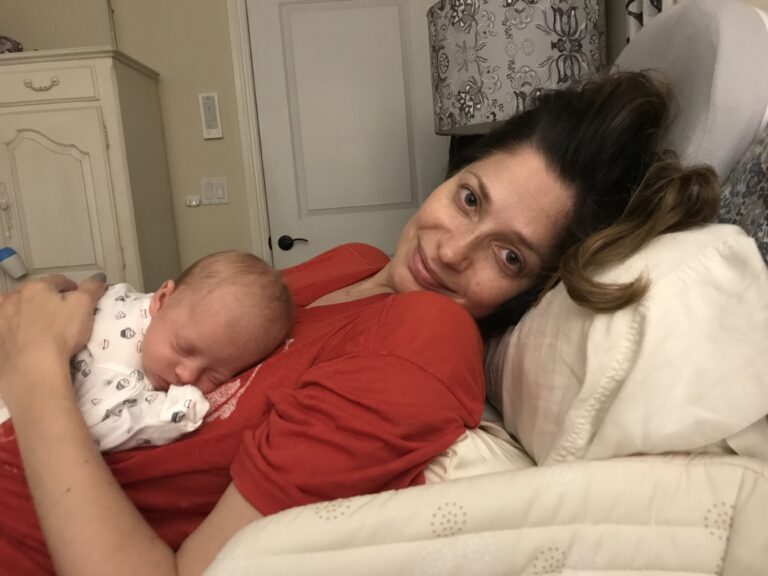
And I’ll be honest: I got sucked into all of it. I kept trying. I pumped for hours each day. I stored milk in little bags. I experimented with feeding positions. I followed schedules and cleaned pump parts and tried to make it work.
But it was exhausting. And I realized I wasn’t just feeding my babies… I was feeding guilt, too.
The Tired Triumph
Eventually, I worked up the courage to stop. I remember the day well:I had been toying with the idea in my head but I didn’t say it out loud to anyone. Not even my husband. I was speaking to my stepfather on the phone and I mentioned that I may move on from pumping and he said something I will never forget.
“Good,” he said, emphatically, “The time you spend pumping and cleaning parts is time you can spend doing so many more quality things for your children, and with your children.”
I put the pump away. I stopped timing feeds. I gave myself permission to be done.
My babies were happy with their bottles. They drank formula like champs and slept soundly afterward. My husband could feed them, too, which gave me time to rest and recover.
I wish I could say I never looked back. But there were moments when doubt crept in. Was I selfish? Lazy? Missing out on something?
But then I’d look at my babies: chubby, content, snuggled up on our couch—and I’d feel calm again. They were thriving. I was healing. And that was enough.
There’s no gold star for sticking it out. No trophy for nursing through pain. I’m proud of what I gave, but I’m also proud of what I let go of.
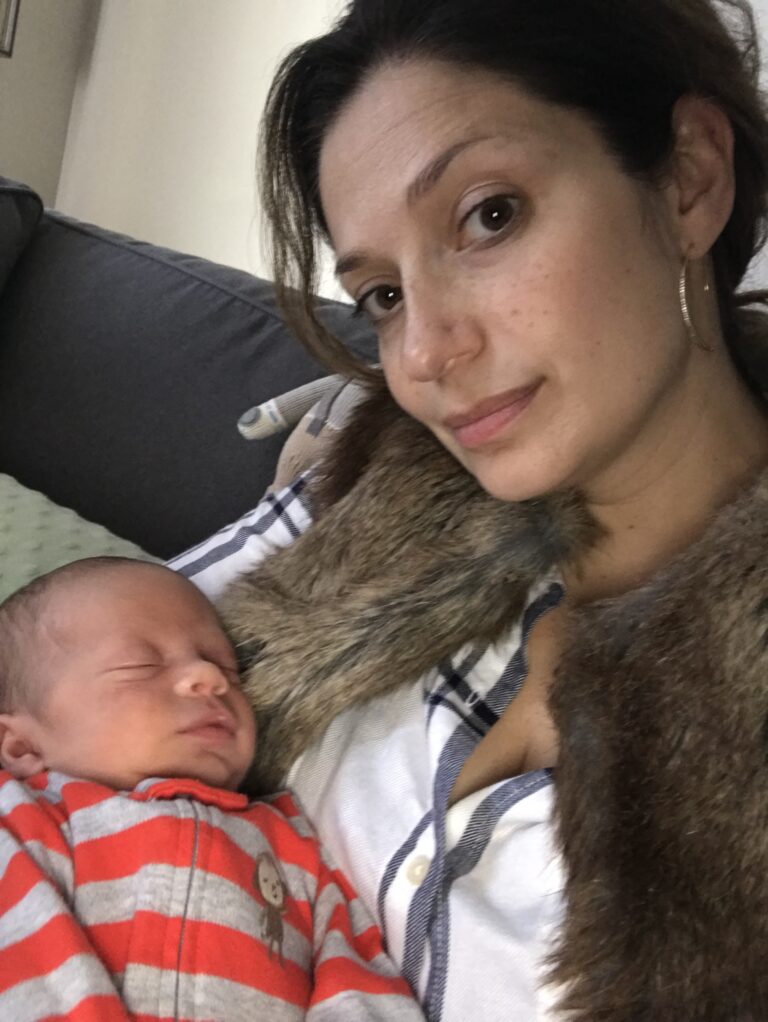
Bigger Than Me
An important note here: I didn’t write this to bash breastfeeding. I still believe it’s a beautiful, powerful experience for many women. But it’s not the only path to connection. It’s not the only measure of love.
What I hope is that we can expand the story. That we can talk about the hard parts, the messy middle and the decisions that don’t look like the ones we planned. That we can honor each mom’s truth, even if it’s different from our own.
Feeding your baby should not feel like a test. It shouldn’t come with shame or competition or whispered judgment. It should be about care. And survival. And joy, when that’s possible.
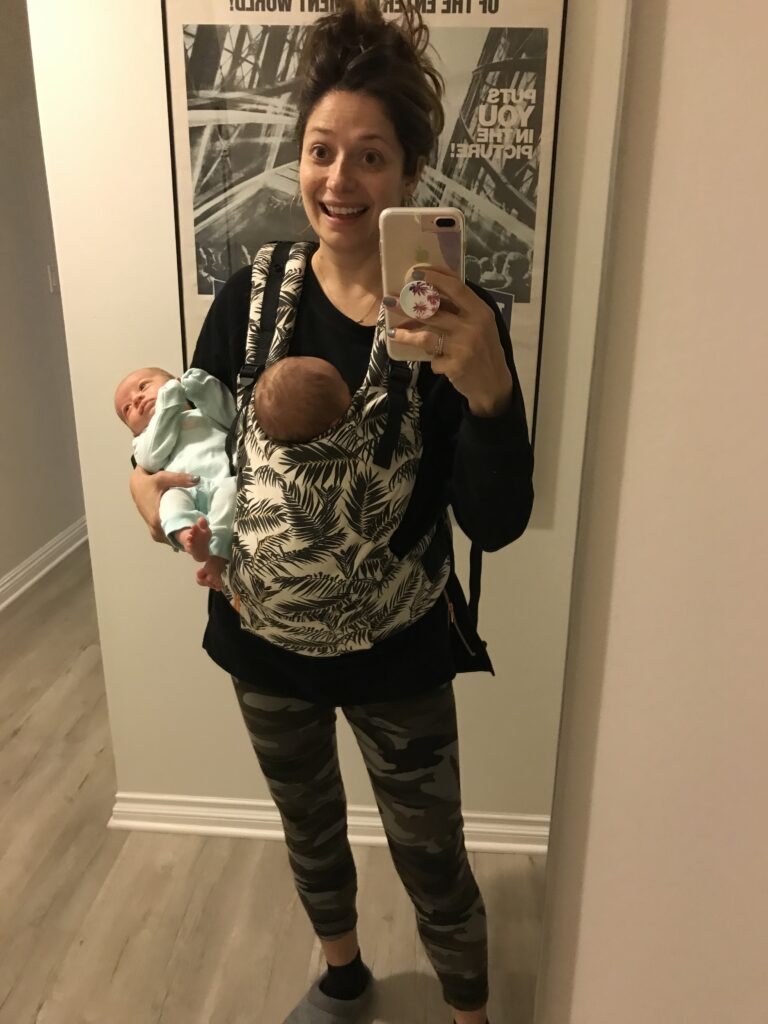
If you’re reading this and feeling unsure, or guilty, or just plain tired—please know: you’re not alone. You don’t have to earn your way out. You don’t need a dramatic story to justify your decision. You simply get to choose.
Sometimes, the bravest thing you can do is stop doing the thing that isn’t serving you.
Author
-
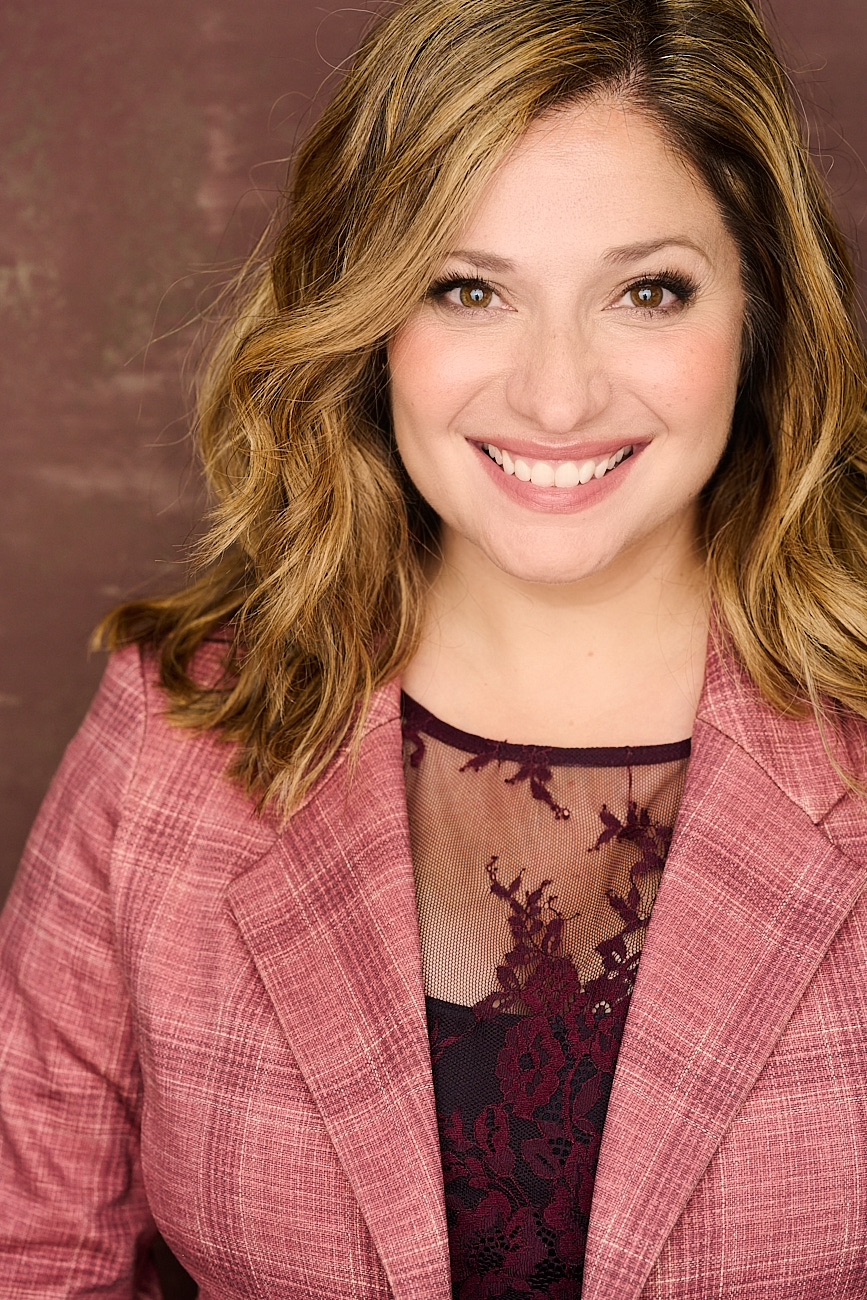
When Abbe emerged on the other side of her own infertility battle, she founded InCircle Fertility to hold the hearts and hands of those struggling to build their families. She bridges the gaps between the clinic, doctor, patient, and therapist experiences and knew there was a niche to provide support from someone who’s been there — literally everywhere. Abbe has a background in Behavioral Science and is a Certified Life Coach. She is an avid mahjong and card player, an escape room enthusiast, and has been called by many friends a true ""balabusta."Abbe is married to filmmaker Isaac Feder (they are a true Hollywood cliche), and they live in Los Angeles with their miracle twins.
View all posts

